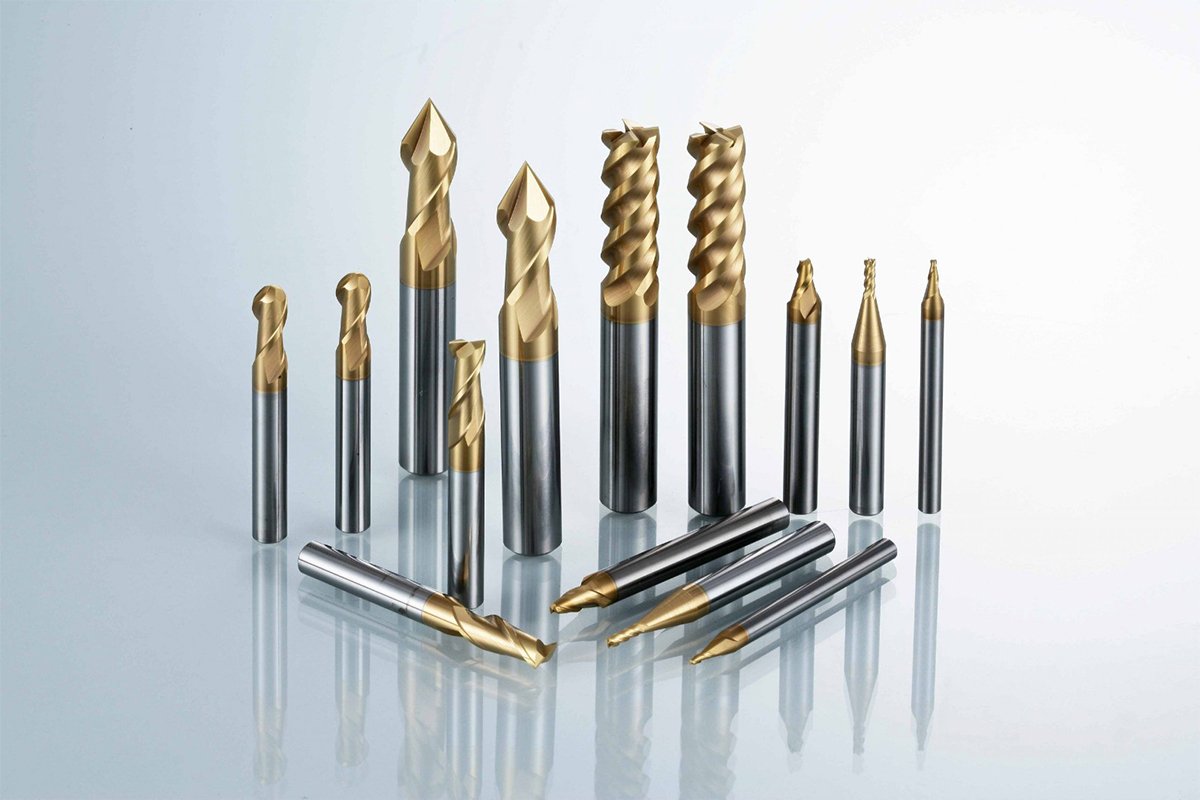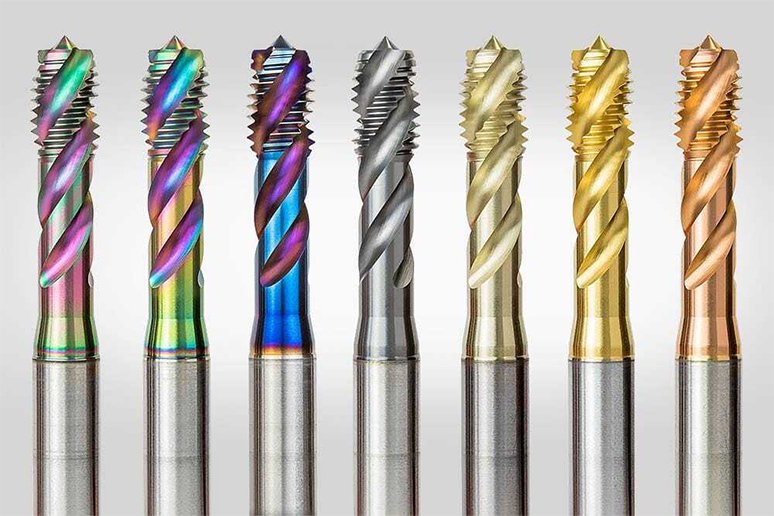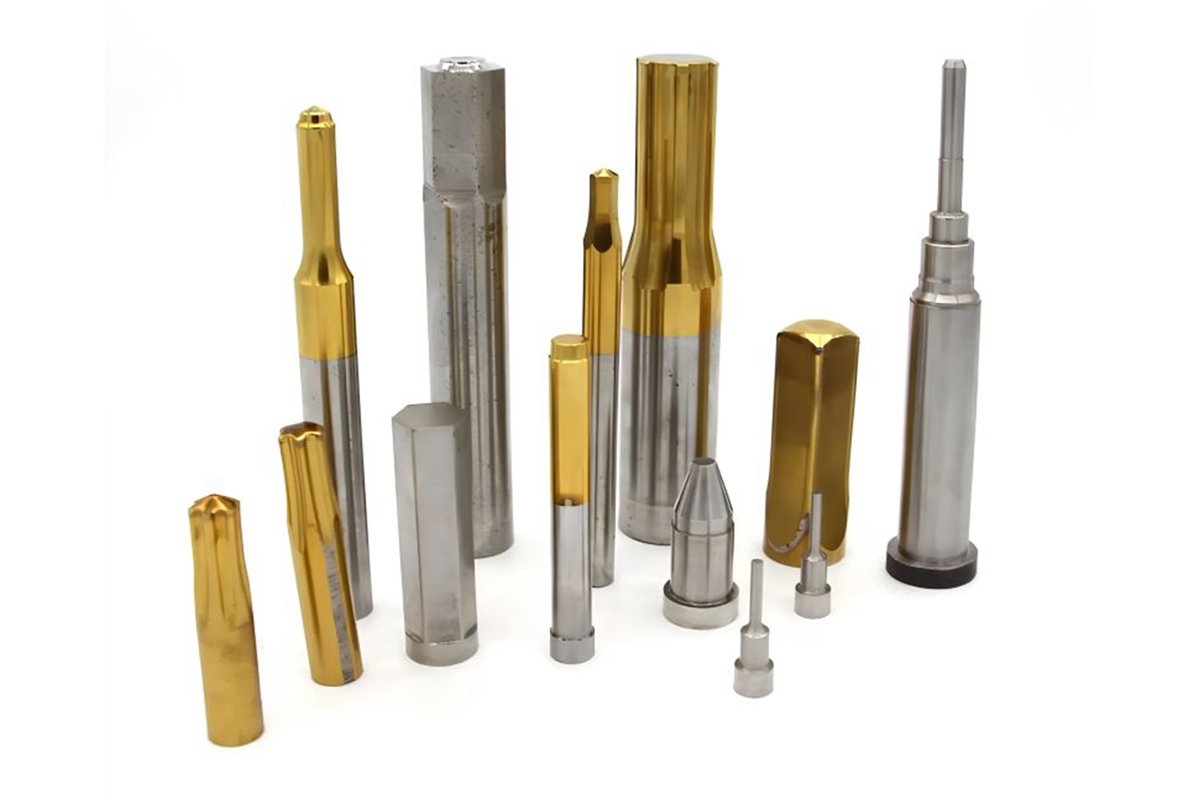


What we are
Forming and molding typically refer to the processes of shaping materials into desired forms. These terms are often used in manufacturing, art, and various technical fields. Here’s a breakdown of what each term generally entails:
Forming : This involves changing the shape of a material without removing any material. It usually applies to materials that are easily deformable, such as metals, plastics, or even dough in baking. Forming techniques include bending, rolling, forging, and extruding. The goal is to achieve a specific shape or structure by applying force or pressure.
Molding : This refers to shaping a material by pouring, pressing, or injecting it into a mold or template. Molding is commonly used for materials like plastics, rubber, and ceramics. It allows for the creation of complex shapes with high precision and repeatability. Processes like injection molding, blow molding, and compression molding fall under this category.
Providing Service
- Capabilities : Providers will typically list their capabilities in terms of the materials they work with (metals, plastics, composites, etc.), the types of forming or molding processes they offer, and the sizes or volumes they can handle.
- Techniques : They may offer a range of techniques such as CNC machining, injection molding, vacuum forming, blow molding, thermoforming, extrusion, casting, and more. Each technique has its own advantages depending on the material and the complexity of the part or product being manufactured.
- Customization : Many services offer customization options where they can work with clients to design and produce bespoke parts or products according to specific requirements, whether it's for prototyping, small-scale production, or mass manufacturing.
- Quality and Precision : Reliable service providers focus on maintaining high standards of quality and precision in their manufacturing processes. This includes ensuring dimensional accuracy, surface finish, and consistency across batches.
- Industry Expertise : Some providers specialize in serving particular industries such as automotive, aerospace, medical devices, consumer goods, electronics, and more. Industry-specific knowledge and compliance with relevant standards and regulations are crucial considerations.
- Additional Services : Beyond forming and molding, some companies offer additional services like assembly, finishing (such as painting or coating), packaging, and logistics support.
Forming And Molding Use
Manufacturing Components:
- Automotive Industry : Forming and molding are used to create parts such as body panels, dashboards, bumpers, and interior components.
- Aerospace Industry : Components for aircraft and spacecraft, including structural elements, interior fittings, and engine parts, are often formed or molded.
- Consumer Goods : Items like household appliances, toys, electronics casings, and packaging containers are manufactured using molding processes.
Construction Materials:
- Concrete and Cement : Molding is used to form concrete blocks, bricks, pipes, and precast concrete elements for construction projects.
- Glass : Forming techniques shape molten glass into bottles, containers, and architectural glass products like windows and panels.
Packaging and Containers:
- Plastics : Injection molding and thermoforming are extensively used to produce plastic bottles, packaging trays, containers, and lids.
- Paper and Cardboard : Forming processes shape paper and cardboard into packaging materials like cartons, boxes, and trays.
Medical and Healthcare:
- Medical Devices : Molding processes create components for devices such as syringes, implants, prosthetics, and diagnostic equipment.
- Pharmaceuticals : Forming techniques are used to produce pill casings, blister packs, and other packaging materials for medications.
Art and Design:
- Sculpture and Artwork : Artists use molding techniques to create sculptures, pottery, and decorative art pieces from materials like clay, plaster, and resin.
- Furniture and Interior Design : Molded materials such as wood veneers, laminates, and molded plastics are used in furniture design and interior décor.
Electronics and Technology:
- Electronic Enclosures : Injection molding produces precise and durable housings for electronics devices, computer peripherals, and consumer electronics.
- Circuit Boards : Forming processes are used to create casings and structural components for circuit boards and electronic assemblies.
